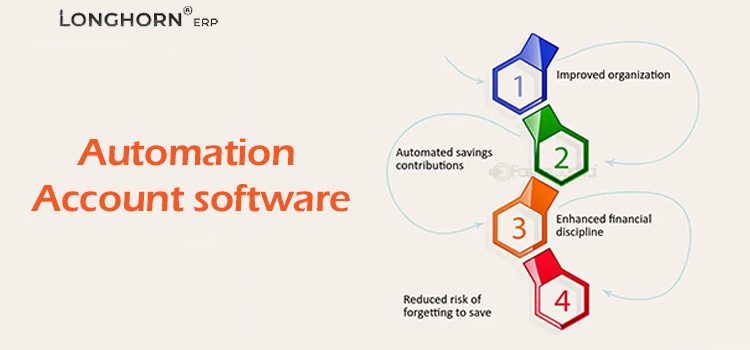In the dynamic landscape of modern business operations, efficiency and precision are paramount. As organizations strive to optimize their workflows and enhance productivity, the adoption of automation technologies has emerged as a game-changer. Among these transformative tools, Automation Accounts stand out as a powerful solution for streamlining software management processes, unlocking new levels of agility, reliability, and scalability.
The Essence of Automation Accounts
At its core, an Automation Account is a feature-rich component within Microsoft Azure, tailored to simplify the orchestration and automation of tasks across diverse environments, including Azure and non-Azure platforms. It serves as a centralized hub, offering a comprehensive suite of tools to create, deploy, monitor, and maintain automation resources.
By leveraging Automation Accounts, organizations gain the ability to automate routine and time-consuming tasks, freeing up valuable human resources for strategic initiatives. Whether it’s software updates, system configurations, resource provisioning, or monitoring, Automation Accounts empower businesses to achieve operational excellence with minimal effort.
Revolutionizing Software Management
Let’s delve deeper into the ways in which Automation Accounts are revolutionizing the landscape of software management, enabling businesses to operate more efficiently and effectively:
1. Automated Software Updates:
Keeping software applications up to date is not only crucial for security but also for ensuring optimal performance and compatibility. However, the manual process of updating software across numerous servers and devices can be daunting and error-prone.
Automation Accounts offer a robust solution by enabling the creation of runbooks that automate the entire update process. These runbooks can be scheduled to run during off-peak hours, minimizing disruptions to operations. Additionally, they can perform pre-update checks, roll back changes in case of failures, and generate detailed reports for audit trails.
2. Streamlined Provisioning and Configuration:
Whether deploying new servers, virtual machines, or applications, consistent provisioning and configuration are key to operational success. Automation Accounts empower businesses to create customized runbooks that define the precise steps required for setup.
From installing necessary software packages to configuring network settings, these runbooks ensure uniformity across the entire infrastructure. This not only reduces the risk of human error but also accelerates the deployment of new services or applications, driving business innovation.
3. Proactive Monitoring and Alerts:
Effective monitoring is essential for detecting issues before they escalate into critical problems. Automation Accounts allow organizations to create runbooks that monitor vital metrics such as CPU usage, memory utilization, and disk space.
In the event of anomalies or breaches of predefined thresholds, these runbooks can trigger automated responses. This includes sending alerts to designated administrators, restarting services, or dynamically scaling resources as needed. By taking a proactive approach, businesses can minimize downtime and ensure uninterrupted service for end-users.
4. Robust Backup and Recovery:
Data loss can have catastrophic consequences for any organization. Automation Accounts provide a robust framework for automating backup and recovery processes, safeguarding critical information assets.
Through tailored runbooks, businesses can schedule regular backups of databases, files, or entire systems. This proactive approach mitigates the risk of data loss due to hardware failures, accidental deletions, or cyber threats. Moreover, these runbooks facilitate swift and efficient restoration processes, minimizing operational disruptions and ensuring business continuity.
Embracing a Future of Efficiency and Innovation
In conclusion, Automation Accounts represent a transformative force in modern software management, empowering businesses to operate with unparalleled efficiency, agility, and resilience. By automating repetitive and labor intensive tasks, organizations can focus their energies on driving innovation, improving customer experiences, and achieving strategic objectives.
As businesses continue to navigate the complexities of digital transformation, the role of Automation Accounts will only grow in significance. By embracing this cutting-edge technology, organizations can unlock new levels of operational excellence, seize opportunities for growth, and stay ahead of the competition.
In a world where every second counts, Automation Accounts are not just tools—they are the catalysts for business evolution. Embrace the power of automation, and pave the way for a future where efficiency, innovation, and success go hand in hand.

